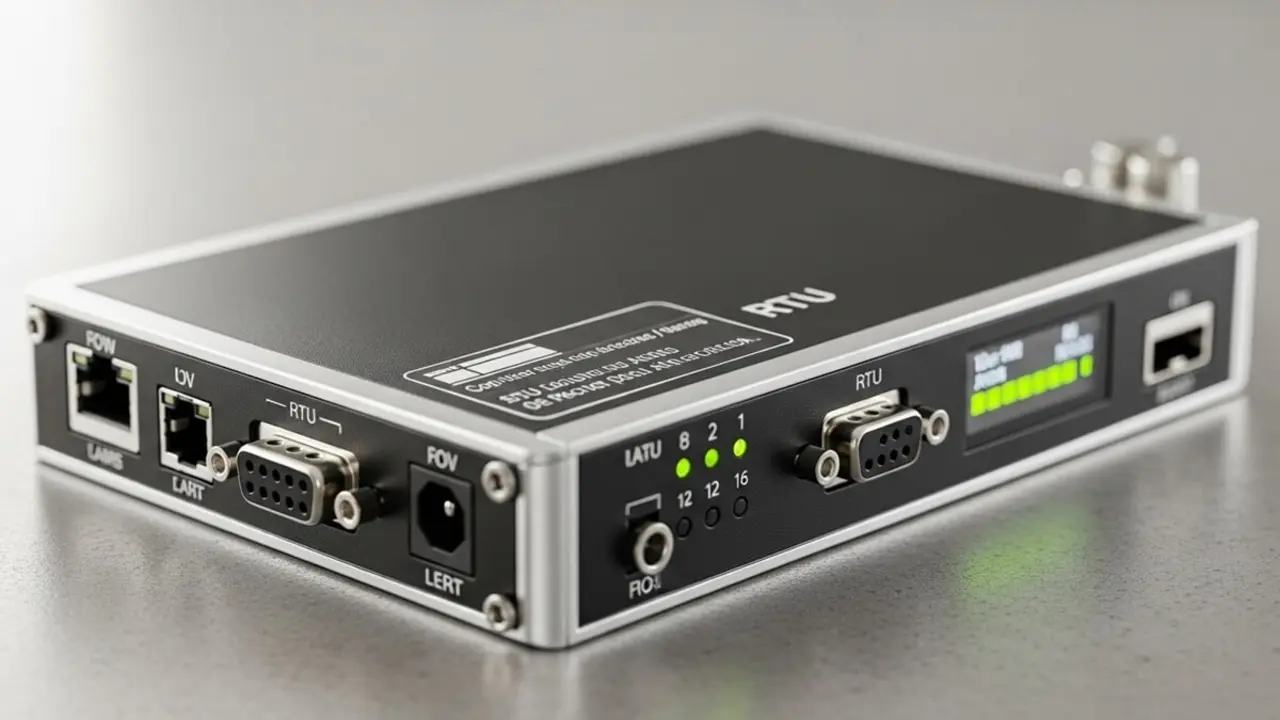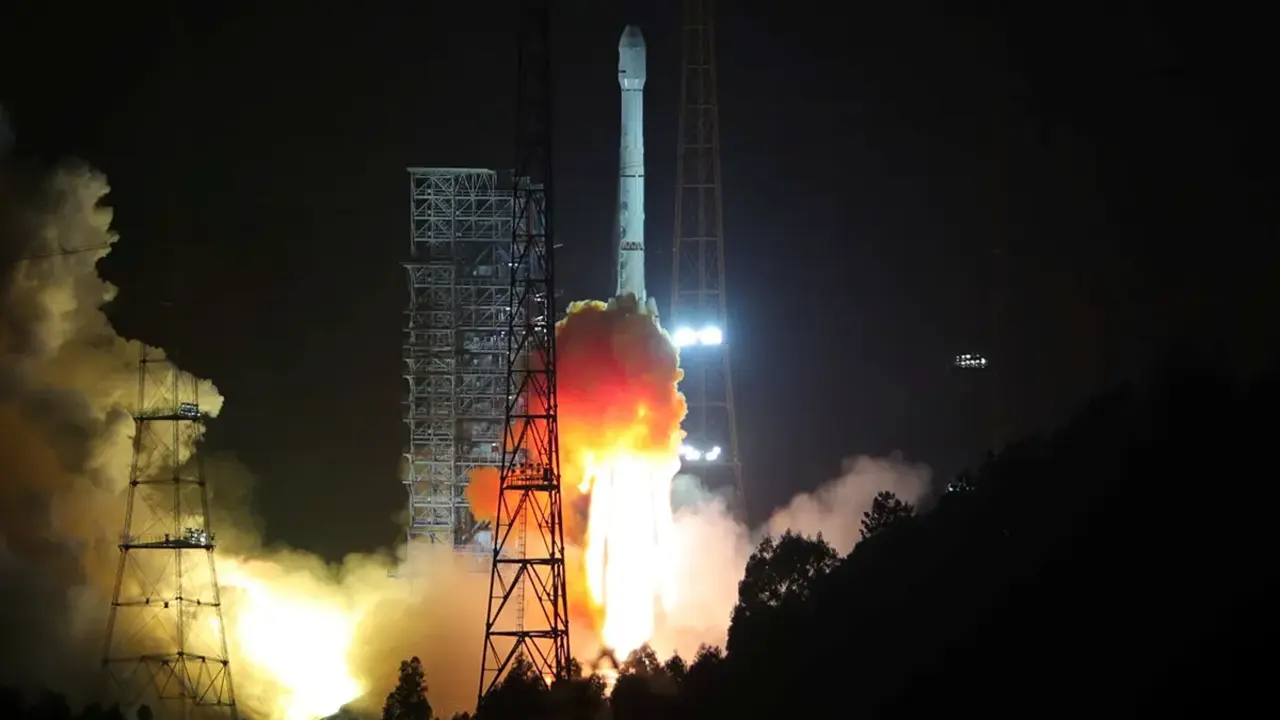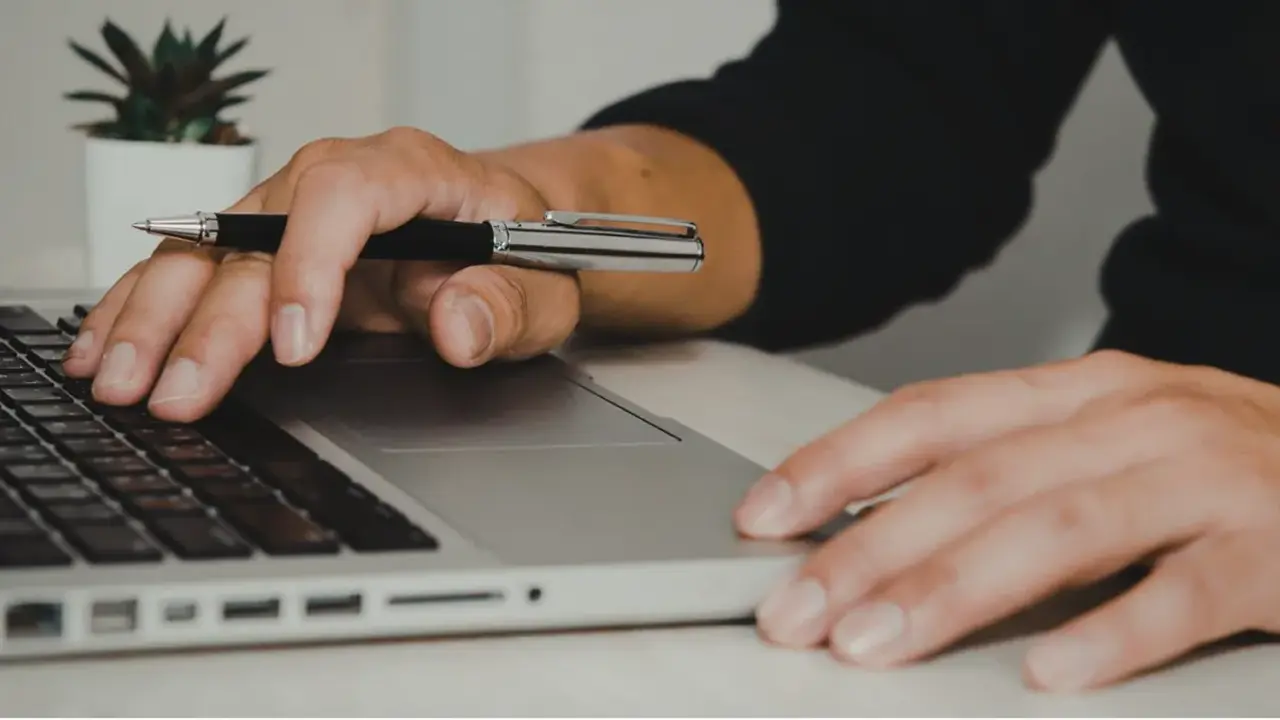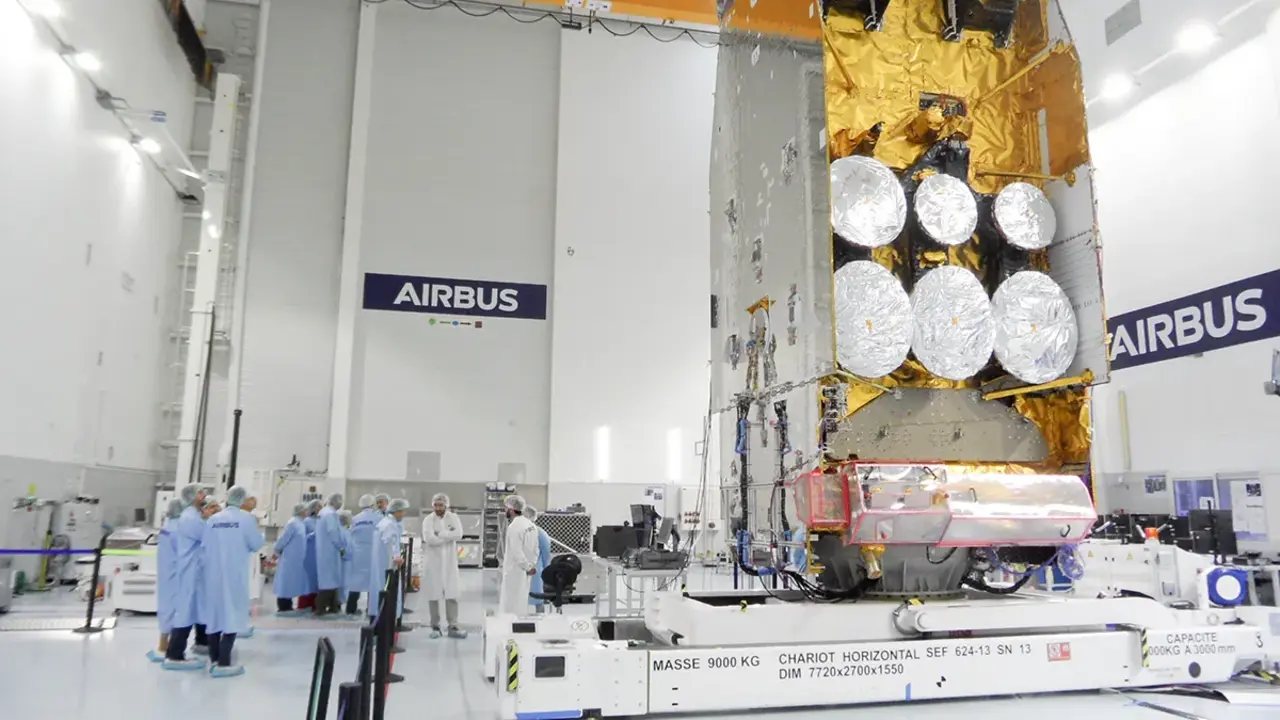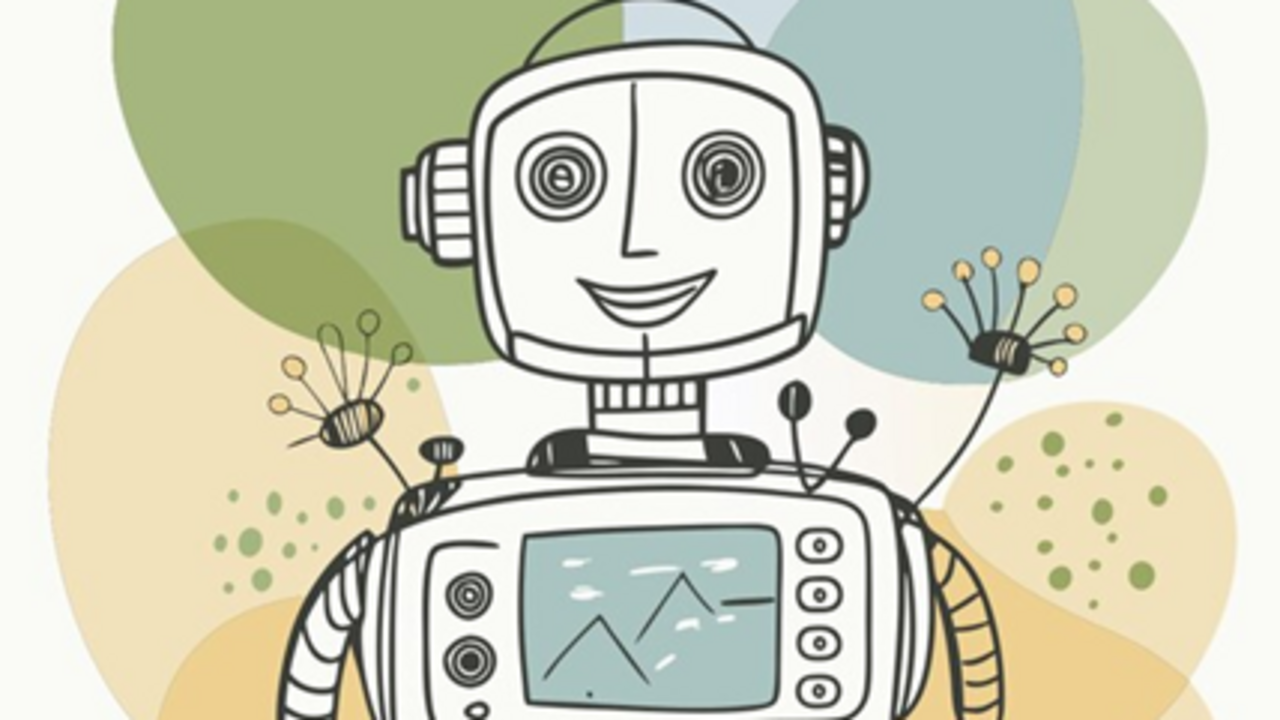Saudi Arabia and Emirates share leadership of manned spaceflight in the Arab world

The Saudi Space Commission has just revealed that a female scientist and a military aviator have been selected to become the Kingdom of the Two Holy Mosques' new astronauts.
She is Rayyanah Barnawi, who holds degrees in biomedicine from the University of Otago in New Zealand and Alfaisal University in her native country. She works as a laboratory technician at the King Faisal Research Centre and Specialty Hospital in Riyadh and "has 9 years of experience in breast cancer and stem cell research," according to the Saudi authorities.
The man is Captain Ali Alqarni, a Royal Saudi Air Force fighter pilot trained at the King Faisal Air Academy in Riyadh. With a dozen years of service, he has accumulated 2,387 flight hours mainly at the controls of the Boeing F-15SA fighter, the largest attack aircraft in the Riyadh government's armed forces.

The Saudi Space Commission, headed by Mohamed bin Saud al-Tamimi, has also announced the reserve astronauts, who will also undergo full training to be able to fill in for the regular candidates in case one of them suffers a mishap, illness or indisposition that prevents them from flying. They are Mariam Fardous, a medical doctor and the first Arab woman and the third woman in the world to dive to the North Pole, and Al al-Ghamdi, also a captain in the Saudi Air Force.
The two astronauts are scheduled to fly to the International Space Station (ISS) in the second quarter of this year. This is not a NASA mission, but an entirely private initiative encouraged by the US space agency, which for years has been encouraging entrepreneurs to enter the sector in order to boost the US space economy.

NASA has authorised Axiom Space to fly to the ISS on a coded Ax-2 mission, the second to be organised by the Texas-based company. It will be the first private mission to be led by a woman, former NASA astronaut Peggy Whitson, the only non-military woman to have so far headed the agency's Astronaut Corps.
A 62-year-old biochemist who retired from NASA in June 2018, Peggy Whitson is the American astronaut who holds the record for the longest time spent in space: 665 days away from Earth. Her second-in-command as pilot of the Crew Dragon-6 space capsule is John Shoffner, an athlete, race car driver and experienced aviation pilot with more than 8,500 flight hours.

The four Ax-2 astronauts are already undergoing the necessary training for a mission of about 12 days, of which about ten days will be spent on board the ISS performing scientific, commercial and outreach tasks. They will depart on a SpaceX Falcon 9 rocket from NASA's Kennedy Space Centre in Florida, possibly in mid- to late May.
But before the Ax-2 mission with two Saudi astronauts blasts off into space, the window opens on 26 February for the liftoff of another mission featuring an Arab nation. Its four crew members are already quarantined at the Kennedy Space Center facility to avoid last-minute contagions.

One of those four is Sultan al-Neyadi, the second Emirati astronaut, who will travel to the ISS to spend around 180 days as one of its tenants and attempt to set the record for the longest stay in space by a citizen of an Arab nation. He has displaced young Nora AlMatrooshi, who is still in training at NASA's Johnson Space Center and who has a good chance of becoming the second woman from an Arab nation to travel into space in the next year or two.
If the forecasts come true, Emirati President Mohamed bin Zayed al-Nahyan and Saudi Arabian President King Salman bin Abdulaziz al-Saud will have their aspirations fulfilled in the Arab and Gulf world. Both are unwavering supporters of the two nations' growing presence in the global space sector and are facilitating the removal of any obstacles that may arise.

If unimpeded, the UAE will lead the way for an Arab nation's astronaut to stay in space. And Saudi Arabia will have put the first female Arab national into orbit, a division of labour that favours the governments of both states and their influence in the Middle East and the rest of the world.
In addition, Saudi Arabia will be the first nation to have two astronauts aboard the International Space Station at the same time without being part of the association of countries that fund its operation and support.

It is also an important milestone for the US company Axiom. The Ax-2 mission is the second fully private mission with astronauts and another step on the company's path towards its ultimate goal: to be the world's first commercial space station when the ISS completes its operational life in the early 2030s.
Axiom CEO Michael Suffredini emphasises in his public remarks that his vision is to "expand access to space around the world and support the growth of the low-Earth orbit economy". In this way," Suffredini stresses, "we will be able to sustain the legacy and achievements of the ISS and harness the benefits of microgravity to improve life on Earth.


